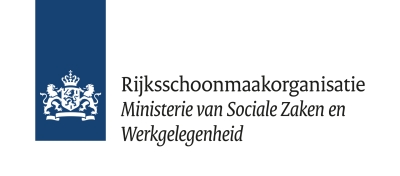Vital@Work: towards a mentally vital workforce
The Public Private Partnership Vital@Work supports employers and employees to prevent and treat work stress by tailored interventions. Being able to work is an important source of happiness for many citizens. However, 34% of sick leave in the Netherlands is related to work stress costing employers 3.2 billion Euros per year. Pilot data on the reintegration approach shows that a 25% reduction in absenteeism is certainly possible. This project aims to prevent work stress and support workers who suffer from it to return to work quickly.
Psychological complaints are an important cause of reduced workability, absenteeism and occupational disability. To prevent and counter psychological complaints & psychosocial risk factors, effective interventions should be implemented in the workplace. However, proven effective prevention, treatment and reintegration interventions are not applied by employers. This is due to 1) unfamiliarity, 2) unclarity on the mechanism by which interventions (fail to) work, and 3) lack of evidence for interventions tailored to behavioural, organisational & contextual (BOC) determinants of individuals and populations at risk.
Objectives
The evidence-based Vital@Work programme counteracts these challenges and aims to:
- Analyse and understand organisational mental health problem in relation to BOC-determinants of individuals and populations at risk;
- Analyse literature to understand mechanisms by which interventions work or fail to work;
- Develop and evaluate effectiveness of a participatory approach to tailor interventions to BOC-determinants of individuals and populations at risk, directed at a) prevention, and b) treatment/reintegration after absence due to psychological complaints;
Design
Consortium partners represent diverse sectors (e.g. cleaning, industry), organisations (e.g. SME vs large company), and employee characteristics (e.g. low vs high SEP). Participation in a learning network results in body-of-evidence of effective mental health interventions tailored to contextual factors.
Quantitative and qualitative methods are applied to analyse the organisational mental health problem in the differing contexts. Systematic and realist literature reviews are conducted to understand what works, for individuals and populations at risk, under which circumstances. In two separate RCTs effectiveness of the developed prevention approach and the treatment/reintegration approach is evaluated.
Deliverables
The project will result in knowledge on what works for whom under which circumstances in preventing and treating work stress. Secondly, two intervention programmes for the prevention and treatment of work stress will be made, that can be applied by other employers as well.






